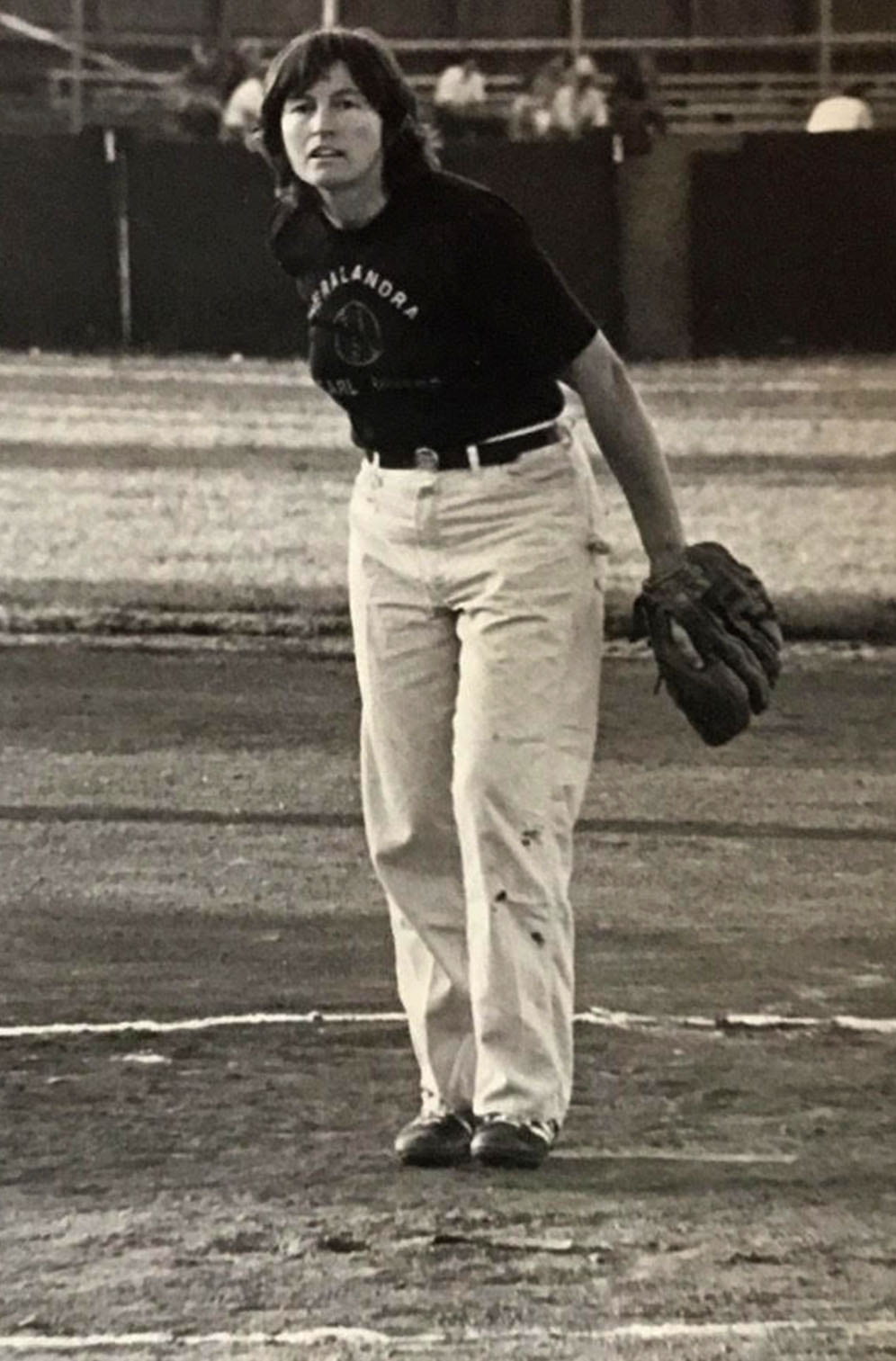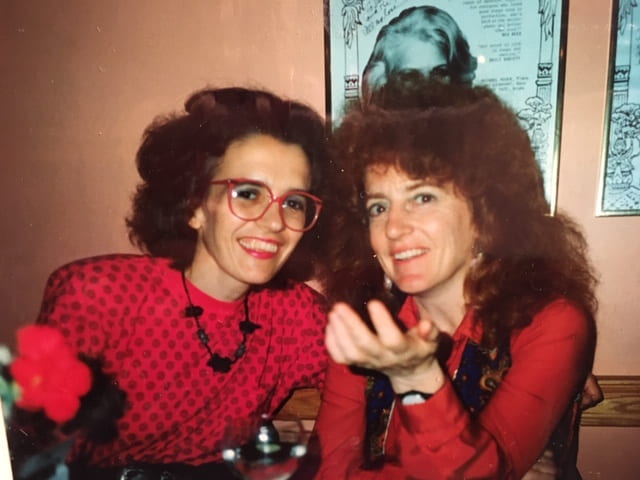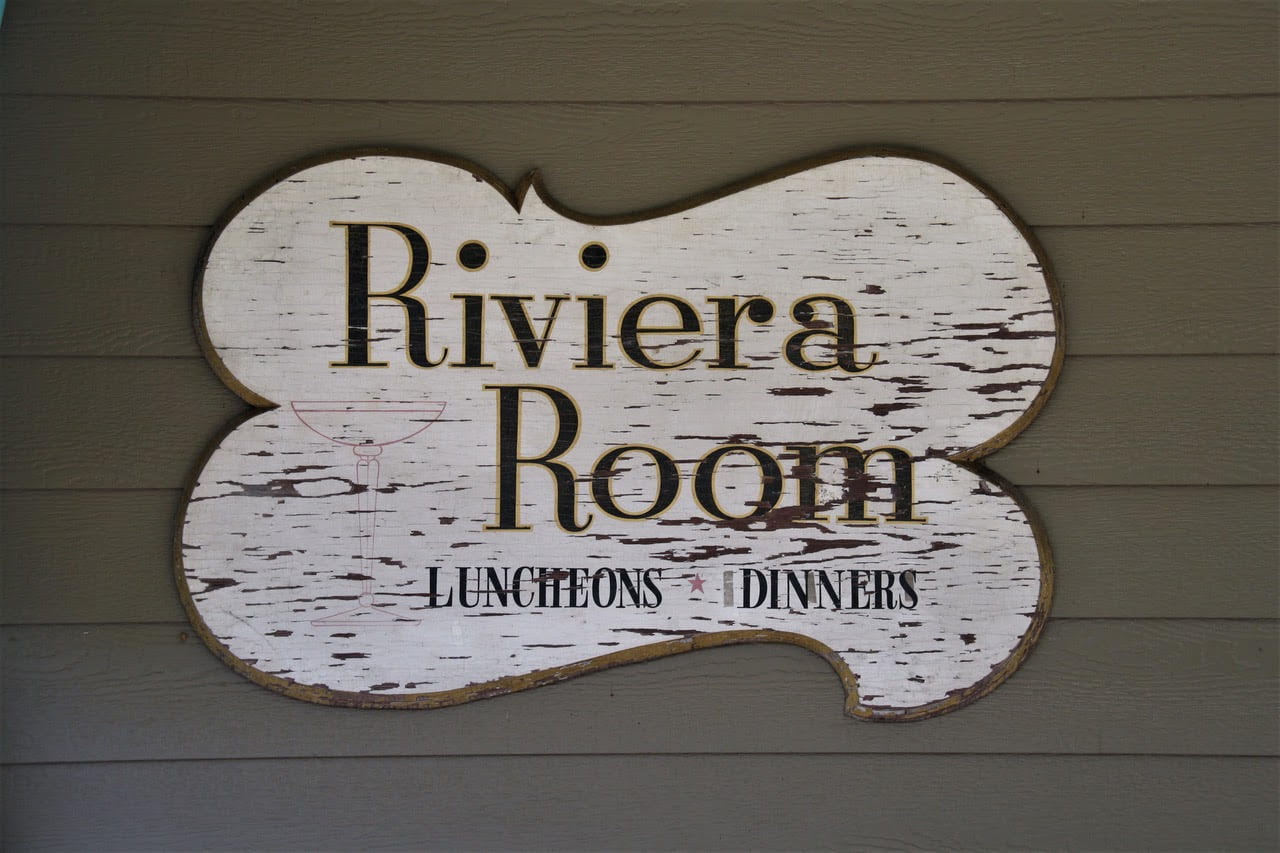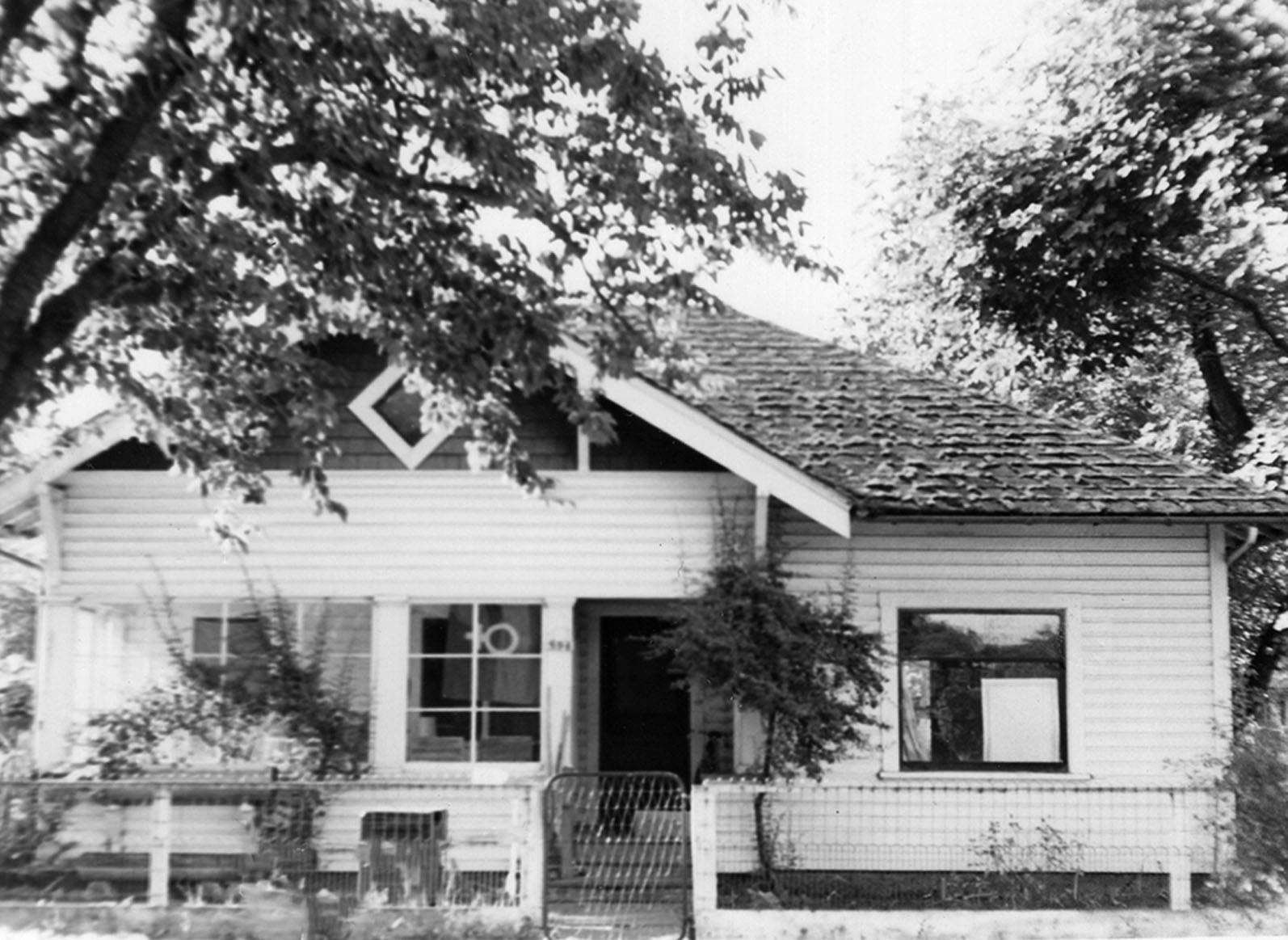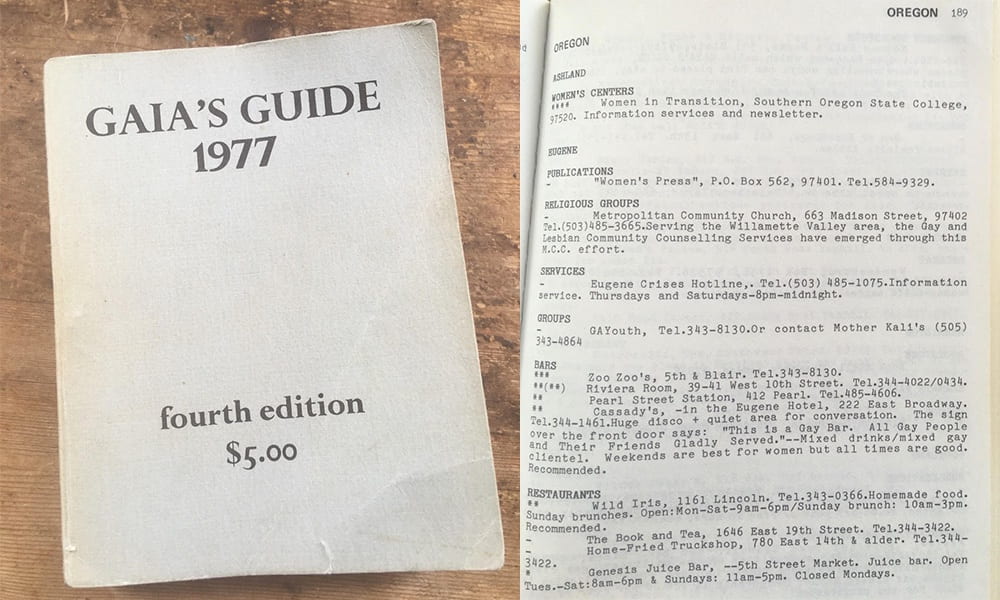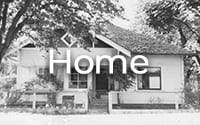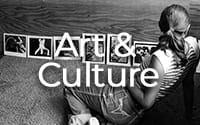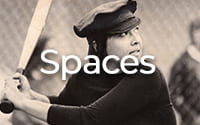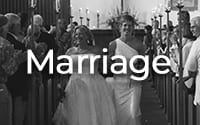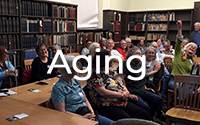Lesbian Spaces
Lesbian Spaces
See ya there! Lesbians in Eugene created a network of spaces where they could be open and feel free about their sexuality. In the face of discrimination and with pride of their own value, they gathered in safe and affirming places to work, play, eat, dance, and learn.
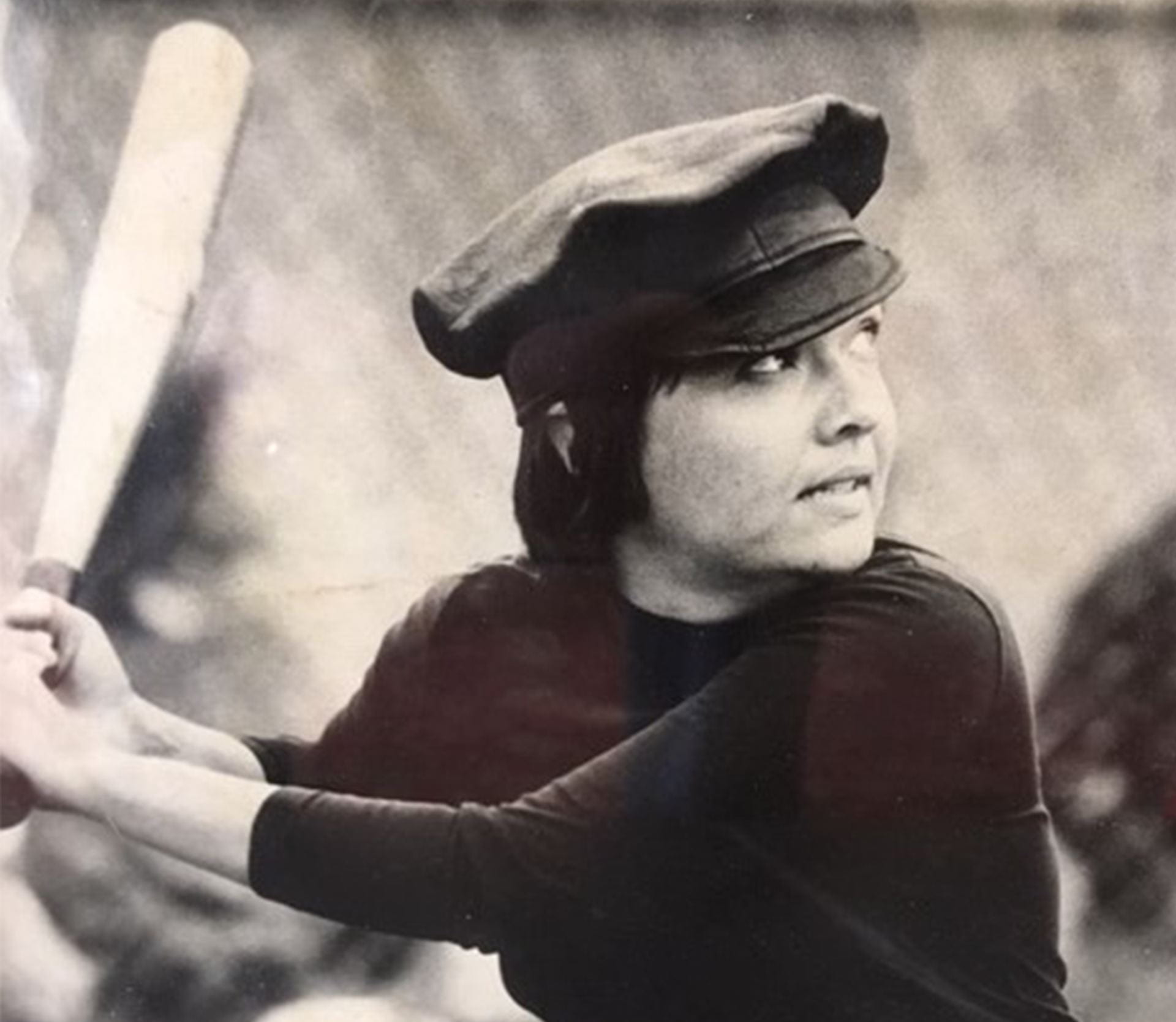
“The lesbian community, as far as I was concerned, ran the town.”
– Judy Goldstein –
Lesbian eugene
The story of lesbian space is one of bravery, rebellion, and resilience. In Eugene, lesbian-run restaurants, softball fields, cultural events and parties, and businesses were all places lesbians could find each other and be “out” publicly. While these spaces were joyous enactments of lesbian visibility and community, the narrators remind us that homophobia and repression made them necessary. For instance, the Riviera Room, like most gay bars, was not gay-owned and grudgingly offered women a place to dance together when it was not safe to do so in straight bars. Communal living also carved out neighborhoods that were distinctly lesbian, providing safety from housing discrimination and possible violence. As one narrator puts it, “We made a home in Eugene for gay people.” This rich lesbian geography, envied by many who hear about it, began to fade as lesbians in Eugene won more rights and protections. The narrators reflect on the poignant communal losses entailed by the growing opportunity to assimilate into the mainstream culture. Their original radical commitment to non-monogamy, separatist businesses, collective ownership, and communal living transformed as many took advantage of housing and employment protections, entered the public sector and professions, coupled and had children, and eventually married legally.

GALLERY
FOR TEACHING AND RESEARCH
Ideas
Visit the Eugene Lesbian Oral History Project archive to read Catherine Harris’ recollections of managing and owning Peralandra, a metaphysical bookstore (sponsor of the Peralandra Pearl Divers softball team).
